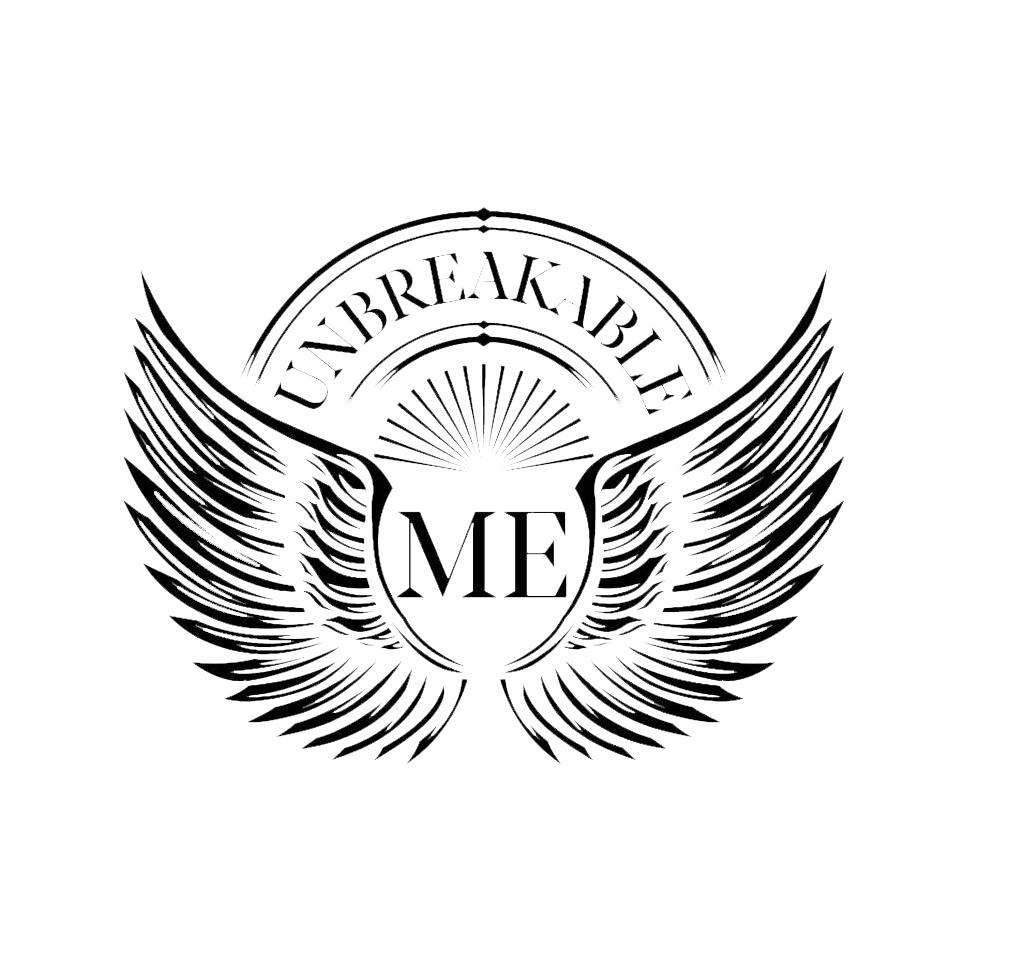Waiting on the Lord
The Power of Forgiveness: Letting Go and Finding Freedom in Christ
Introduction
Forgiveness is one of the most powerful yet challenging commands in the Christian faith. It requires us to let go of hurt, anger, and resentment while trusting God to heal our hearts. Colossians 3:13 reminds us, “Bear with each other and forgive one another if any of you has a grievance against someone. Forgive as the Lord forgave you.” Let’s explore the transformative power of forgiveness and how it brings freedom, healing, and spiritual growth.
1. Forgiveness is a Command, Not an Option
Forgiveness is at the core of Jesus’ teaching. In Matthew 6:14-15, He says, “For if you forgive other people when they sin against you, your heavenly Father will also forgive you. But if you do not forgive others their sins, your Father will not forgive your sins.”
Choosing to forgive is an act of obedience to God. It reflects His love and mercy, showing others the grace we have received through Christ.
2. Forgiveness Brings Freedom
Unforgiveness binds us to the pain of the past, but forgiveness sets us free. Hebrews 12:15 warns, “See to it that no one falls short of the grace of God and that no bitter root grows up to cause trouble and defile many.”
When we forgive, we release the bitterness that weighs us down and make room for God’s peace and joy to fill our hearts. Forgiveness is as much for our healing as it is for the other person.
3. Forgiveness Reflects God’s Grace
As Christians, we are called to forgive because we have been forgiven. Ephesians 4:32 encourages us, “Be kind and compassionate to one another, forgiving each other, just as in Christ God forgave you.”
When we forgive, we mirror the grace and mercy that God has extended to us. It’s an opportunity to demonstrate the love of Christ to others.
4. Forgiveness Doesn’t Mean Forgetting
Forgiveness doesn’t mean we forget the hurt or excuse the wrong done to us. Instead, it’s about releasing the desire for revenge and trusting God to bring justice. Romans 12:19 reminds us, “Do not take revenge, my dear friends, but leave room for God’s wrath, for it is written: ‘It is mine to avenge; I will repay,’ says the Lord.”
By forgiving, we leave the situation in God’s hands, trusting Him to work all things for our good.
5. Forgiveness is a Process
Forgiveness is not always immediate; it’s often a journey that requires time and prayer. Philippians 4:13 reminds us, “I can do all this through Him who gives me strength.”
Ask God for the strength to forgive, and take small steps each day toward letting go. He will guide you through the process and bring healing to your heart.
Conclusion: Finding Freedom in Forgiveness
Forgiveness is a gift we receive from God and a gift we extend to others. It frees us from the weight of resentment, heals our hearts, and allows us to walk in peace.
As you reflect on the power of forgiveness, remember the words of Matthew 18:21-22: “Then Peter came to Jesus and asked, ‘Lord, how many times shall I forgive my brother or sister who sins against me? Up to seven times?’ Jesus answered, ‘I tell you, not seven times, but seventy-seven times.’”
Let go of the burdens of unforgiveness today and embrace the freedom and healing that comes from trusting God.
Reflection Question:
Is there someone you need to forgive, and how can you take the first step toward releasing that burden?

 FAITH-BASED
FAITH-BASED UNBREAKABLE-ME
UNBREAKABLE-ME ACCESSORIES
ACCESSORIES